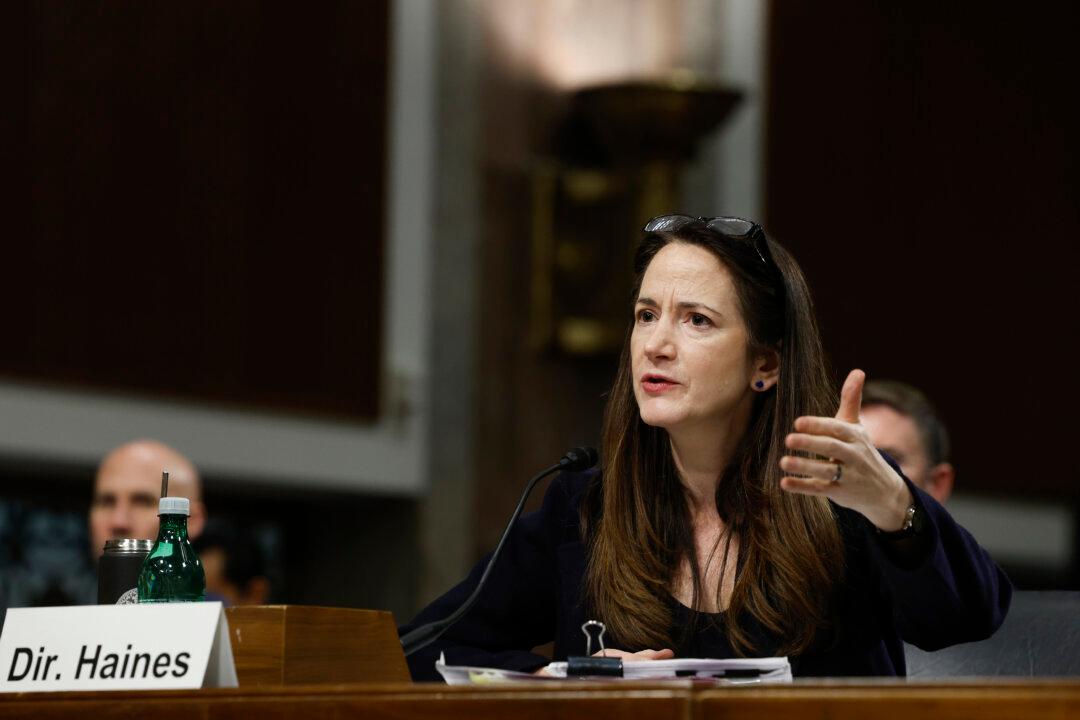Malicious cyber actors are ramping up attacks on critical infrastructure, infiltrating U.S. systems in preparation for a major conflict, according to a senior government official on May 2.
There was a 74 percent increase in the number of cyberattacks globally in 2023, according to Director of National Intelligence Avril Haines.




